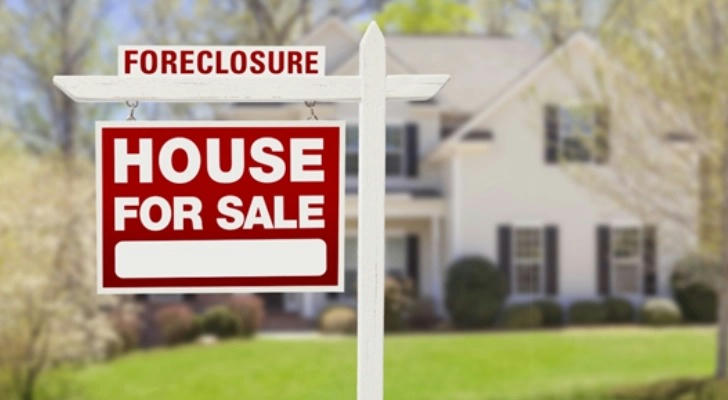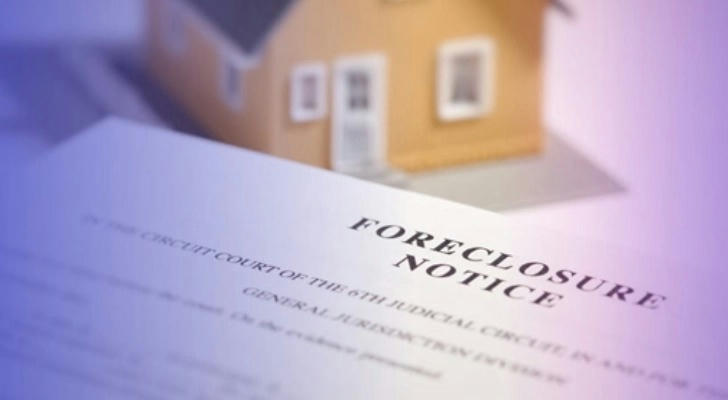A Comprehensive Guide to Buying Foreclosed Properties

Buying foreclosed properties can be an effective way to acquire real estate at a discounted price, but the process requires thorough knowledge and preparation. Here is a detailed guide to help you navigate this complex transaction successfully.
What is a Foreclosed Property?
A foreclosed property is one that has been repossessed by a bank or lender due to the homeowner's failure to make timely loan payments. This typically occurs after the homeowner defaults on the loan, and the lender initiates legal proceedings to reclaim and sell the property. There are mainly two types of foreclosure processes:
•Judicial Foreclosure: This process involves the court and is generally more complex and lengthy. The court must confirm the default and resolve legal issues before deciding how the property will be handled.
•Non-Judicial Foreclosure: This method is generally faster and involves a foreclosure auction. The process does not require court involvement and proceeds directly to the auction stage.
How to Buy Foreclosed Properties in Different Regions
United States
In the U.S., the process for buying foreclosed properties can vary by state:
•Judicial Foreclosure: This process involves court proceedings. Homeowners may sometimes negotiate with the lender during the court process to avoid foreclosure, which can take several months or even a year. Buyers need to be patient.
•Non-Judicial Foreclosure: This process is quicker and typically involves auctions. Buyers can participate in the auction and potentially purchase the property at below-market prices.
User Example: For instance, Alex purchased a foreclosed property in California through a non-judicial foreclosure auction. He used a real-time auction platform to bid and closely monitored other bidders' offers.
Canada
In Canada, the foreclosure process also varies by province:
•Ontario: The foreclosure process is relatively complex and usually involves court proceedings. Buyers can find information about foreclosed properties through court notices and auction websites.
•British Columbia: In this province, properties are often sold through auction. Buyers can find information through local real estate agents or auction companies.
User Example: For example, Amy found a foreclosed property in British Columbia through a professional real estate agent. With the agent's expertise, she successfully completed the purchase.
United Kingdom
In the UK, foreclosed properties are commonly sold through auctions:
•Auction Process: Properties are usually sold at auction, and homeowners may have the right to redeem the property before the auction. Buyers need to participate in the auction and understand the auction rules.
•Legal Protections: Understanding legal protections related to the property is crucial. Buyers should ensure that the auction process is legal and be aware of relevant legal terms.
User Example: Joseph bought a foreclosed property through auction. He carefully reviewed auction rules and ensured that the property met all legal requirements before bidding.
How to Find the Right Foreclosed Property

•Online Platforms: Use websites like Zillow, Realtor.com, and others to search for foreclosed properties. These platforms provide extensive listings, including basic property details and price trends.
•Real Estate Agents: Hire an agent experienced in the foreclosure market. They can help you find suitable properties and offer professional advice.
User Example: Mary found a high-value foreclosed property through Zillow. She contacted a professional agent who helped her successfully complete the purchase and provided detailed information about the property.
How to Assess the True Condition of a Foreclosed Property
•Home Inspection: Before purchasing a foreclosed property, have a professional inspector examine the property. This can help you identify potential issues such as structural damage or needed repairs.
•Market Comparison: Understanding the market price of similar properties can help you assess the true value of the foreclosed property and avoid overbidding.
User Example: John encountered serious repair issues after purchasing a foreclosed property without a thorough inspection. He now ensures to conduct complete inspections before purchasing any property.
How to Make a Reasonable Bid
•Set a Budget: Determine your budget, including purchase costs and potential repair expenses. Ensure that your bid stays within your financial capacity.
•Monitor Bidding: Observe market demand and other bidders' actions. Adjust your bidding strategy accordingly based on the actual situation.
User Example: Emily adjusted her bid based on bidding dynamics and market conditions when purchasing a foreclosed property. She successfully acquired the property at a reasonable price.
Understanding Redemption Rights
•Legal Provisions: In some areas, homeowners may have the right to redeem their property after foreclosure. Understanding these provisions can help you avoid legal disputes and make informed purchasing decisions.
•Legal Consultation: Consulting a lawyer can help you understand all relevant legal terms and risks, ensuring that your purchase process is legal and compliant.
User Example: Paul faced legal issues because he did not understand redemption rights when purchasing a foreclosed property. He now consults legal experts to ensure smooth transactions.
Preparing Paperwork
•Title Insurance: Purchase title insurance to protect against potential title issues, such as undisclosed debts or legal disputes.
•Contract Review: Carefully review contract terms to avoid hidden fees or unfavorable conditions. Ensure all terms are clear and straightforward.
User Example: Mr. Li faced additional debt issues because he did not purchase title insurance when buying a foreclosed property. He now ensures to have comprehensive insurance and thoroughly review contract terms in future transactions.
Financial Planning and Budgeting
•Set a Budget: Ensure your budget covers both purchase costs and potential repair expenses. Proper financial planning helps avoid economic strain from unexpected costs.
•Repair Budget: Assess the property's repair needs and allocate sufficient funds for future repairs in your budget.
User Example: Sarah experienced financial pressure after purchasing a foreclosed property without reserving enough funds for repairs. She now includes sufficient repair funds in her future budgets to avoid similar issues.
Seeking Professional Help
•Choosing an Agent: Select an experienced agent, especially those familiar with the foreclosure market. They can provide valuable advice and help you find suitable properties.
•Legal Consultation: Legal advice can resolve contract and legal issues, ensuring that your purchase process is legal and compliant.
User Example: Jack resolved complex legal issues in his foreclosure purchase by consulting a lawyer and agent. He advises all buyers to seek professional advice to ensure a smooth transaction.
Conclusion

Buying foreclosed properties presents valuable investment opportunities but requires careful preparation and decision-making. Understanding local laws, inspecting properties, setting a reasonable budget, and seeking professional help can guide you through a successful purchase. If you have any questions or need further assistance, feel free to ask! With careful preparation and prudent actions, you can find valuable assets in the foreclosure market.
